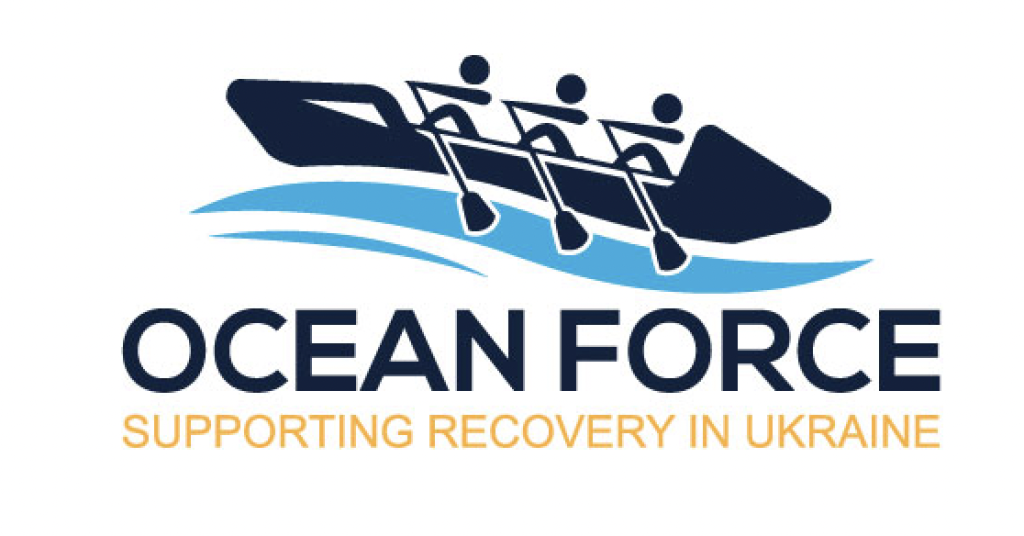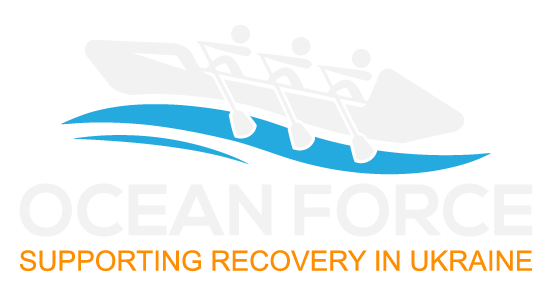The Challenge
A race like no other
The Talisker Whisky Atlantic Challenge is the world’s number one ocean endurance race and is widely considered to be one of the toughest challenges on earth.
The race takes participants over 3,000 miles unaided across the Atlantic Ocean. More people have reached the summit of Everest or travelled into space than have successfully rowed across an ocean.

“At sea for up to two months, we’ll be pushed to our physical, mental and emotional limits.”
We will be rowing up to 20 hours per day, every day, for 3,000 miles. We expect to pull more than 1.5 million oar strokes during the race and many of those will be in darkness and difficult conditions.

An emergency rescue could be days away. Everything we need will be onboard. Solar panels will provide the electricity to power the systems including the water maker. We will have to deal with any problems or boat damage ourselves using only the supplies we have on the boat.

An unsupported trip means we will carry all our own food on the boat and water will be pumped from the sea before being purified. Keeping nutrition levels high and fully hydrated will be vital. We will be consuming up to 10 liters of water and 10,000 calories per day to minimise the inevitable damage to our bodies.

Salt sores, blisters, infections, muscle damage and depletion are real issues. Each rower will lose on average 12kg while crossing the Atlantic.




